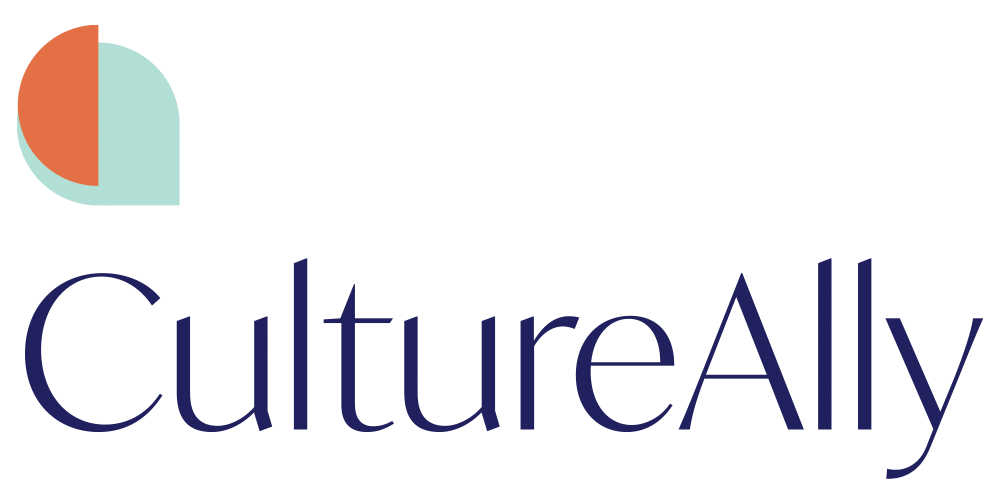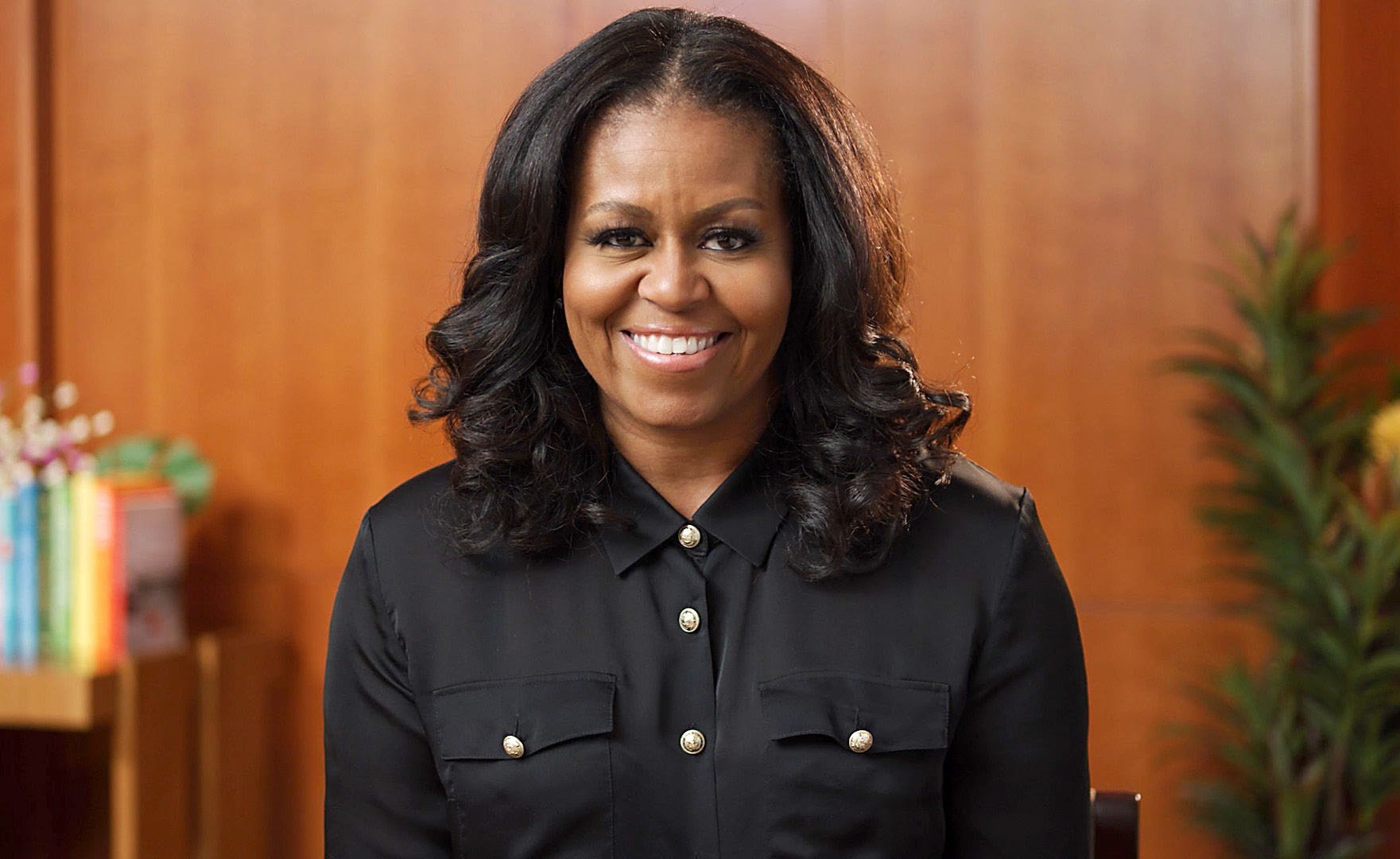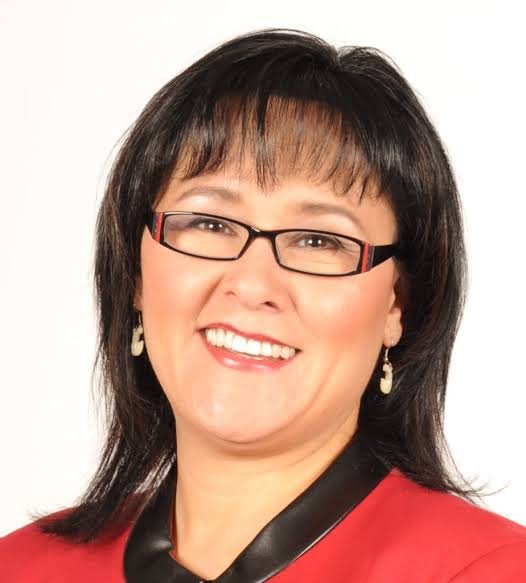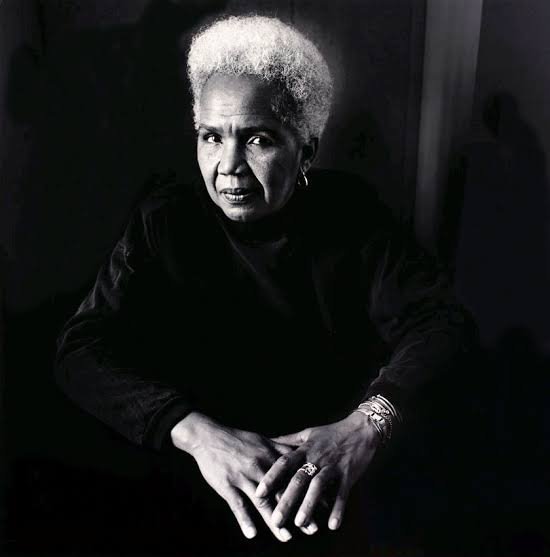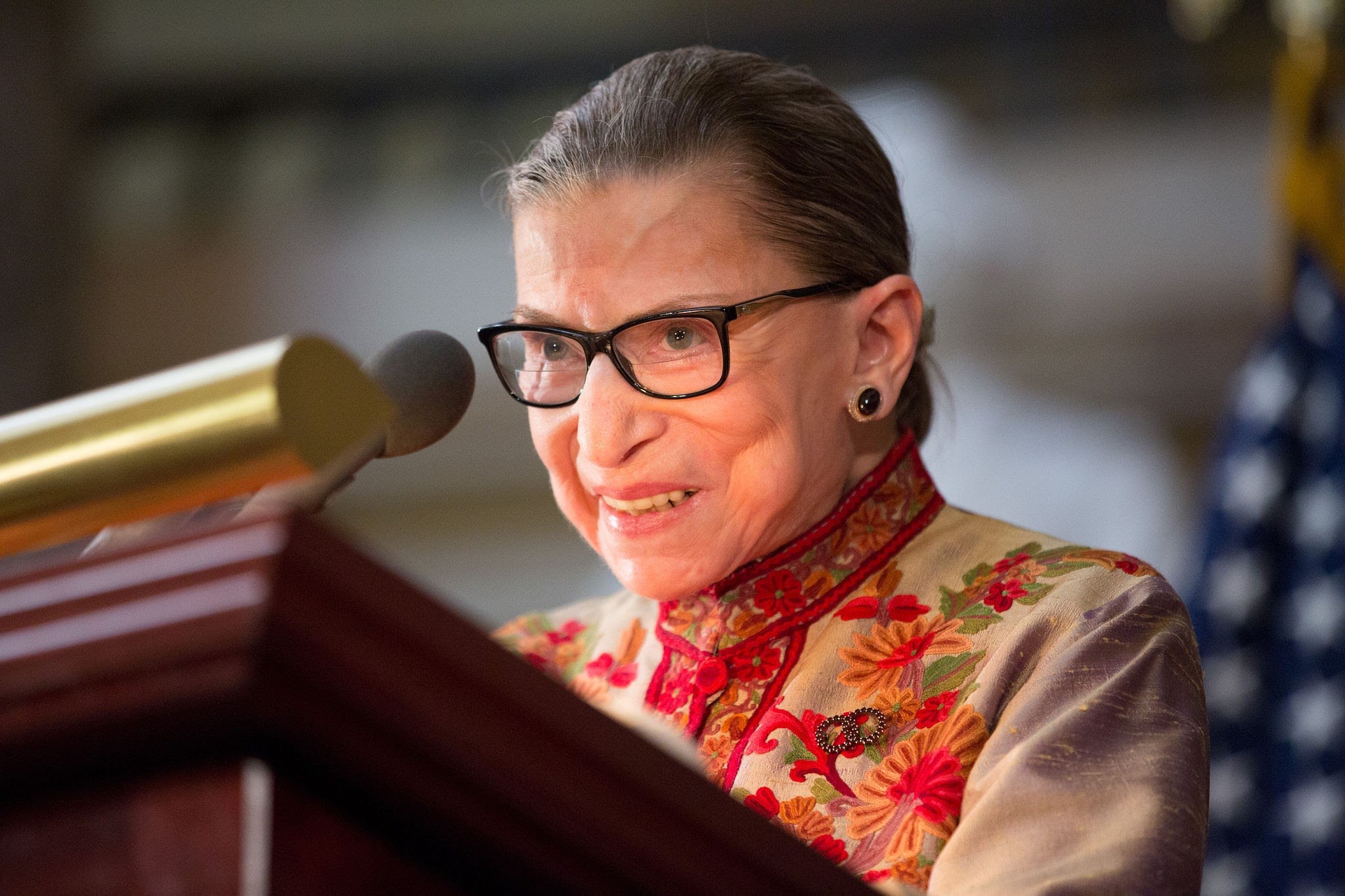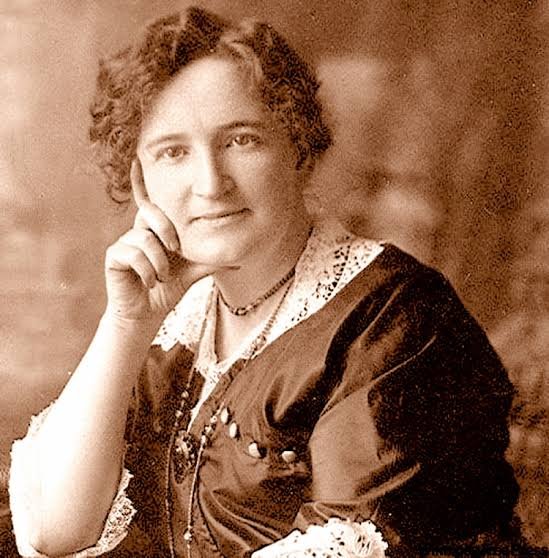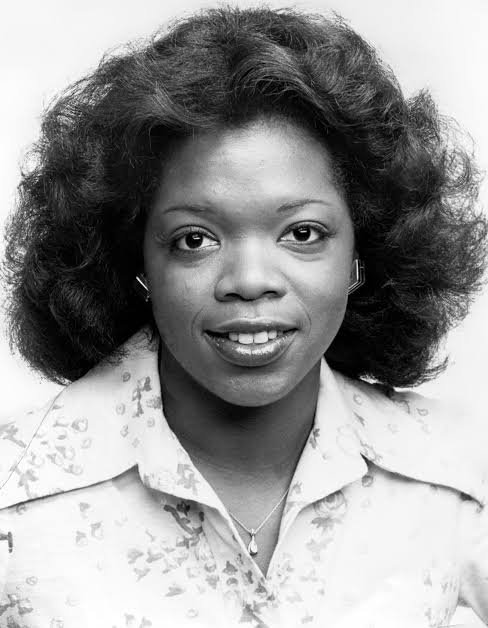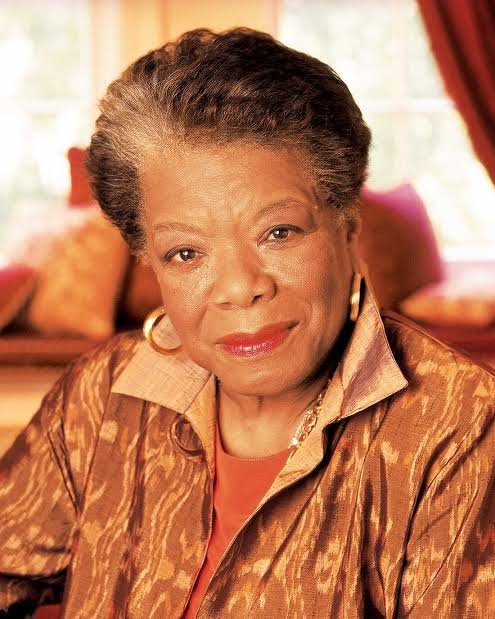International Women’s Day
The celebration of International Women’s Day first occurred on March 8, 1911 and has been acknowledged every year since!
The purpose of International Women’s Day is to focus on the achievements of women from all around the world by celebrating their political, economic and social accomplishments.
This day inspires young girls and women from all walks of life to be their best selves and change the world. It shows them that their gender is not a barrier to their dreams, a message not many hear often enough.
How do you recognize International Women’s Day at work?
Celebrate International Women’s Day at work with CultureAlly!
Why International Women’s Day Is Important
Historically, the ideas, contributions and achievements of women were overlooked and underappreciated. They have been oppressed and disempowered for centuries, resulting in severe inequities and inequalities.
Here are several statistics and facts that reflect the current position of women worldwide:
More than two-thirds of the world’s illiterate population are women (UN Women)
Approximately 60% of chronically hungry people are women and girls (UN Women)
Less than 15% of landholders are women (Womankind Worldwide)
1 in 3 women around the world experience violence (Womankind Worldwide)
71% of all human trafficking involves women and girls – mainly for sexual exploitation (Womankind Worldwide)
Examples of Incredible Women to Celebrate
Politics
Hillary Clinton - Clinton, a prominent figure in American politics, served as the First Lady, Senator from New York, and Secretary of State. During her tenure as Secretary of State, she worked to strengthen international alliances, promote women's rights, and played a key role in the negotiation of the Iran nuclear deal. Additionally, she made history as the first woman to be nominated by a major political party for the presidency in 2016.
Michelle Obama - Michelle Obama, a prominent figure in American politics and society, is celebrated for her accomplishments as First Lady during her husband Barack Obama's presidency. She initiated the "Let's Move!" campaign to combat childhood obesity, advocated for military families, and promoted education through the "Reach Higher" initiative.
Leona Aglukkaq – Aglukkaq is the first Inuk to be appointed to the Cabinet of Canada and is an advocate for Indigenous peoples with the goal of improving their quality of life. She successfully implemented policies to improve healthcare infrastructure and access, including introducing the Nutrition North Canada program to address food security in remote Indigenous communities.
Rosemary Brown – Brown was the first Black woman to become a member of Canadian Parliament. She fought for persons with disabilities, immigrants, the elderly and other minorities. After her political career she became a professor of women’s studies at Simon Fraser University.
Activism
Rosa Parks - Parks is celebrated for her pivotal role in the Civil Rights Movement. Her refusal to give up her seat to a white man on a segregated bus in Montgomery, Alabama in 1955 sparked the Montgomery Bus Boycott, a key moment in the fight against racial segregation. Parks' determination and activism led to significant advancements in civil rights, including the eventual desegregation of public transportation in the United States.
Ruth Bader Ginsburg - Supreme Court Justice and champion of gender equality, she is known for her groundbreaking legal work and fierce advocacy for women's rights.
Malala Yousafzai - She is a well known Pakistani activist and Nobel Laureate, advocating for girls' education worldwide and surviving an assassination attempt by the Taliban.
Marina Nemat – Nemat fled to Canada after she was tortured and imprisoned in Iran. Today she shares her experiences and encourages others to speak out against injustice. She was awarded the first Human Dignity Prize in 2007.
Nellie McClung – McClung’s advocacy for the women’s right to vote pushed the province of Manitoba to become the first Canadian province to give some women the vote in 1916.
Entertainment
Oprah Winfrey - Media mogul and philanthropist, she is recognized as one of the most influential talk show hosts in American television history. Oprah Winfrey is best known for her iconic talk show "The Oprah Winfrey Show," which became a cultural phenomenon and made her a household name. In addition to her media empire, she's made significant contributions to education and charitable causes, solidifying her legacy as a multifaceted and influential figure in the world of entertainment and philanthropy.
Sandra Oh – Best known for Grey’s Anatomy and Killing Eve, Sandra Oh has received two Golden Globe Awards, four Screen Actors Guild Awards and various other accolades. She is the first Asian woman to host the Golden Globe Awards in 2019. That same year, Time Magazine named her one of the 100 most influential people in the world.
Margaret Ruth Kidder – Kidder was an actress and an activist with a career that spanned five decades. Most know her as Lois Lane from the Superman film series, but she was much more than that. She protested for the environment, the anti-nuclear and anti-war movements, LGBTQ+ community and against the extension of the Keystone Pipeline.
Academia
Maya Angelou - Angelou, a renowned poet, author, and civil rights activist, achieved widespread recognition for her powerful autobiographical work, "I Know Why the Caged Bird Sings," which chronicled her early life and struggles. She became the first African American woman to have a nonfiction bestseller in the United States. Additionally, Angelou's contributions to literature and her impassioned advocacy for civil rights continue to inspire and resonate with people around the world, making her a symbol of resilience and creativity.
Margaret Atwood – A legend in her own right, Atwood is known for her poetry and novels. Perhaps her most notable work is The Handmaid's Tale. She founded the Griffin Poetry Prize and the Writer’s Trust of Canada. She advocates for animal rights, feminism and the environment. And, she’s an inventor of sorts. She created the LongPen, a remote signing device.
Ways to Celebrate International Women’s Day at Work
Present an Iconic Woman
Create a list of accomplished women (see above!) throughout history and have each employee choose one woman to present. Presentations can include background information, lifetime achievements and national or global impact. Have fun with it and dress up as the woman you are presenting (if you’re comfortable doing so)! All employees should be encouraged to participate in this activity.
Attend an Event
In addition to CultureAlly’s own International Women’s Day training, there are hundreds of events scheduled for International Women’s Day every year. Enter your location to discover events suitable for your office. After attending the event, take some time to reflect on what was learned and why the event was significant.
Fundraise for Women’s Organizations
Anything can become a fundraiser, really! Host a gala or partner with a local restaurant to raise funds for organizations that support women. Here are 10 fundraising ideas for your office.
Movie Monday
Every Monday in March, use lunchtime as an opportunity to watch a hilarious, heartfelt and educational film about women. Hidden Figures, The Iron Lady, On the Basis of Sex, The Help, and A League of Their Own are all excellent choices if you’re looking for ideas.
Start a Book Club
Read and discuss inspiring books written by women. The Handmaid’s Tale, Little Women, Lives of Girls and Women, Frying Plantain, Bad Feminist, and Becoming are powerful books written by diverse women perfect for those looking to understand the female experience.
How To Be an Ally During International Women’s Day
Listen
Take the time to listen to what the women around you have to say and respectfully engage in dialogue. Many marginalized groups are frequently interrupted and talked over, particularly in the workplace. Remember, listening is learning.
Challenge Others
If your colleagues are participating in speech and/or behavior that is inappropriate, call them out. Whether or not a woman is present it is important to address inappropriate speech and behavior immediately. Let them know that what they are saying and/or doing is offensive and will not be tolerated. Allowing this behavior to go unaddressed lets everyone know that perpetrators will not be punished and victims will not be protected.
Respect People’s Boundaries
Regardless of gender, physical contact in not appropriate unless explicitly communicated otherwise. This includes a hug, a pat on the back, or other behaviors and so on. Additionally, do not use pet names such as “love”, “dear” or “honey” unless a woman has stated otherwise. Such names can be demeaning and are generally not work appropriate.
Give Credit When Credit is Due
In addition to being frequently interrupted, the thoughts and ideas of women are often overlooked or passed off as someone else’s. If you are in a meeting and a female colleague shares a great idea, acknowledge it and attribute it to her. Or, if you notice that a male colleague has stolen an idea and is trying to pass it off as his own, call him out and acknowledge the woman behind the idea.
The Power of Women
It’s time for women to receive the recognition that they deserve. For centuries the contributions, achievements, ideas and efforts of women have been overlooked. Unfortunately, women are also oppressed in the workplace. Women frequently experience sexism in the form of microaggressions, sexual harassment and unfair wages.
Celebrating International Women’s Day in the workplace brings awareness to the experiences of professional women and promotes a safe and welcoming office culture. This has set a dangerous precedent for women across the world who are treated as though they are insignificant, disposable and unwelcome in many spaces. Despite their oppression, women have overcome and managed to shatter the glass ceiling time and time again.
Let’s celebrate the power of women!
